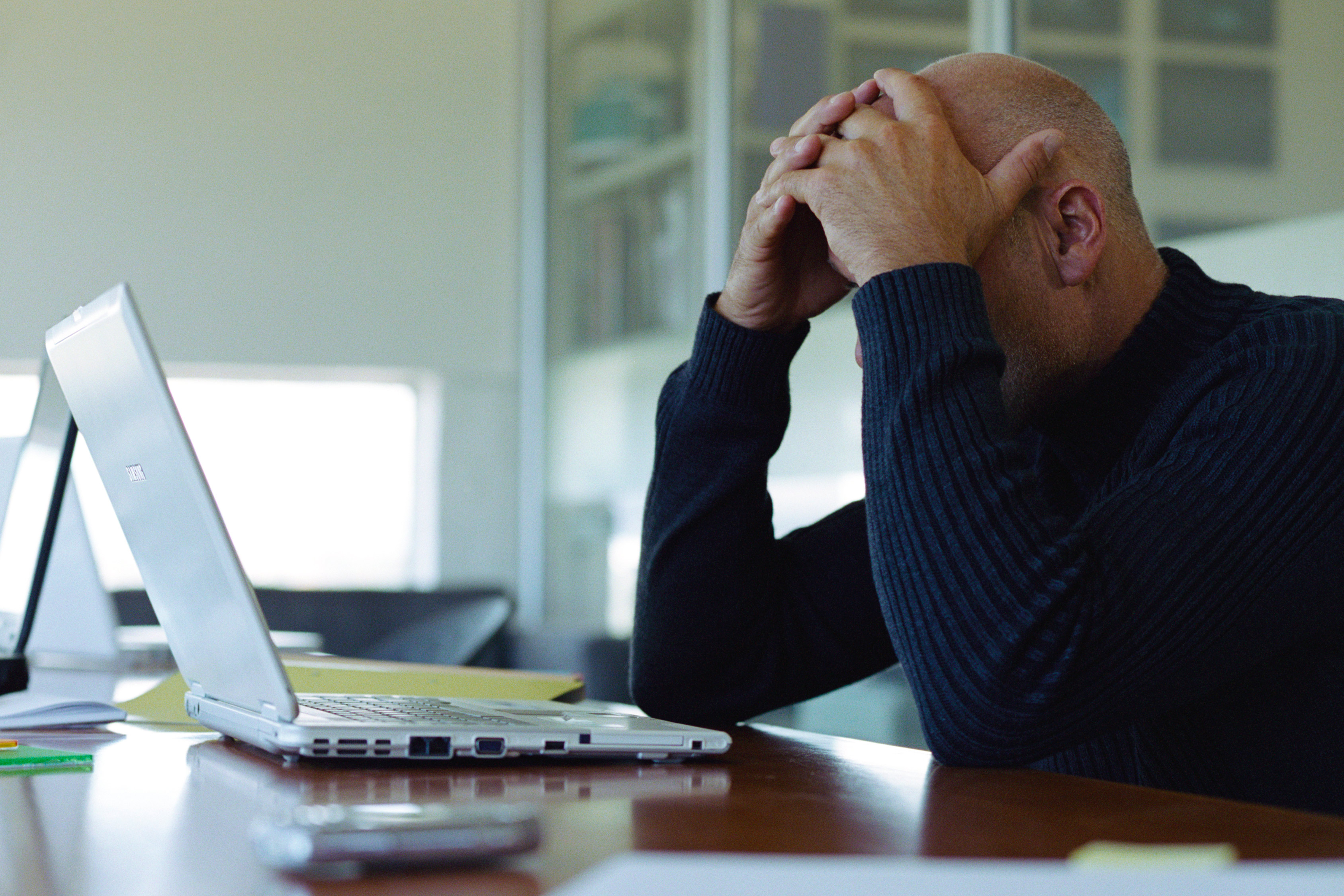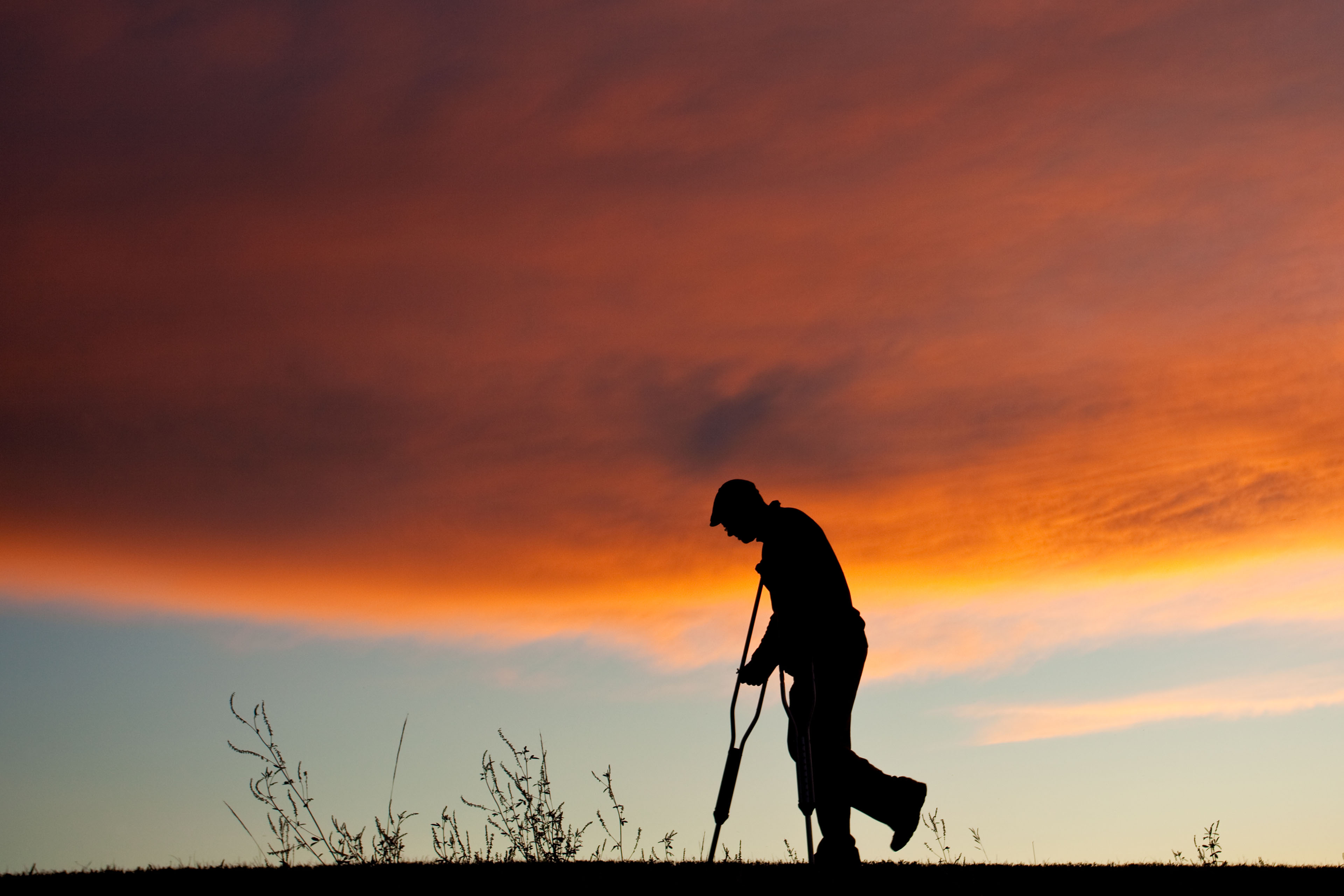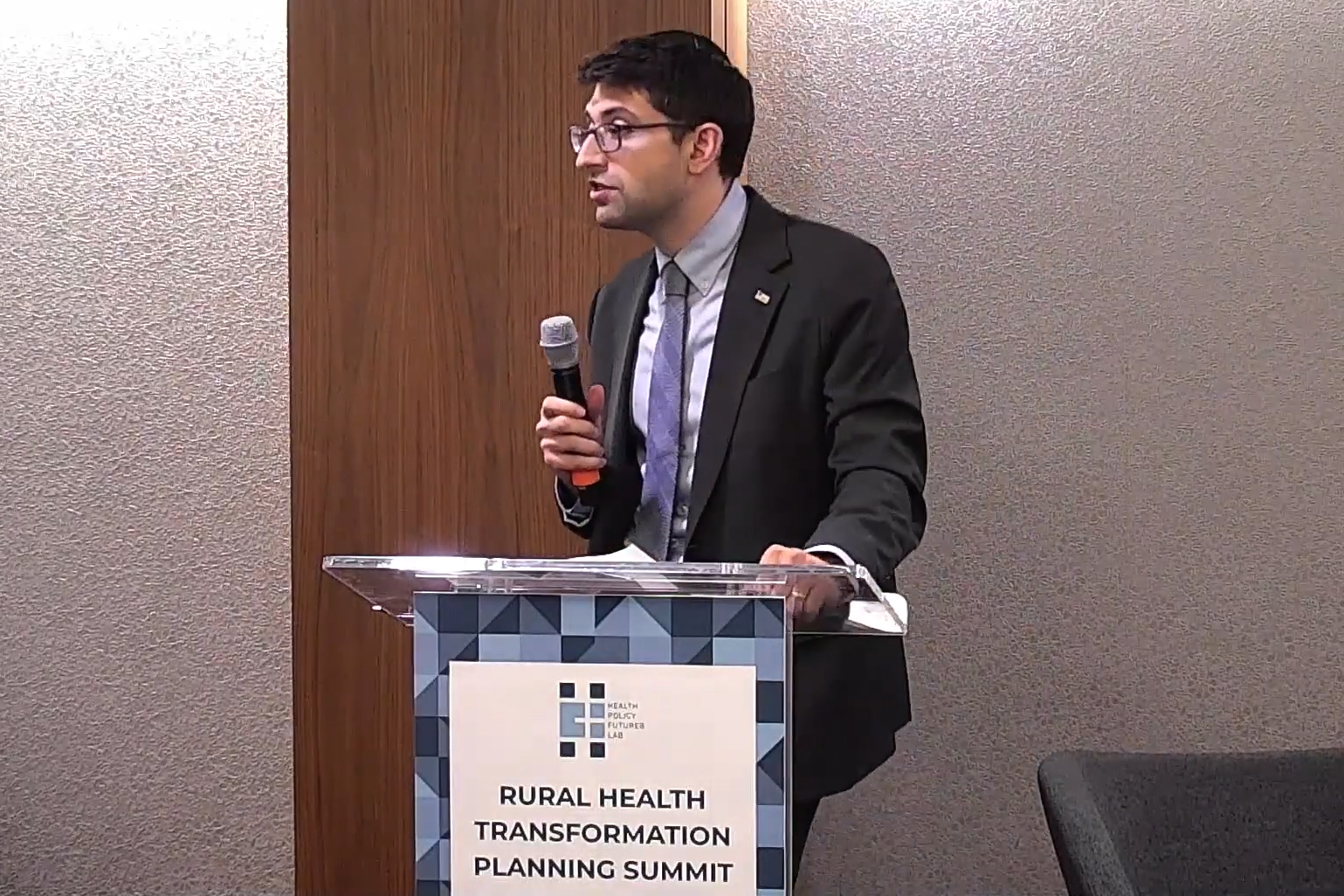In a world where burnout is increasingly common, expert advice can be the beacon leading to healthier work-life balance. This article delves into practical tips from seasoned professionals on how to stave off exhaustion and maintain productivity. Discover the strategies that can transform daily routines and safeguard well-being, straight from those who know best.
- Take Small Breaks Throughout the Day
- Disconnect Evenings, Weekends, and Vacations
- Get Outdoors and Stay Active
- Practice Tai Chi for Active Stillness
- Reconnect with Gardening to Recharge
- Play Guitar to Reset Your Mind
- Engage in Physical Activity for Balance
- Practice Yoga with Music
- Head Outdoors for Long Walks
- Spend Quality Time with Family
- Dedicate Time to Hobbies
Take Small Breaks Throughout the Day
This is a great question and definitely something we want to prevent rather than recover from. I find 3 things very helpful to prevent burnout.
1. I take small breaks throughout the day. I really enjoy my work, so it’s easy for me to get extremely focused and answer one more email or work on a project for just 10 more minutes, which turns into 3 hours. Time flies, so I often use the Pomodoro Method, breaking my day and projects into smaller blocks of time. Depending on the task, I may work for 45 minutes and then take a quick 5-10-minute break. Research shows that taking breaks helps prevent burnout, and yes, we can experience burnout even when we love our jobs.
2. I find something to look forward to during the day. It can be something small like listening to an audiobook on the way to work or a walk during lunch.
3. I look at my schedule and ensure I have time to rest and recover in my free time. We all have different levels of energy. I remind myself that unscheduled free time and not doing anything is actually very productive.
 Helen Godfrey
Helen Godfrey
Career & Life Coach, The Authentic Path
Disconnect Evenings, Weekends, and Vacations
There are a few key practices I have built into my life to help me prevent burnout. And burnout is easier to prevent than to pull yourself out of, so I find these practices essential:
- Disconnect in the evenings, on weekends, and during vacations (even when I feel “too busy”). If you don’t build in rest, then your body and brain will demand it in a very unpleasant way.
- Build a “transition ritual” into my workday, as a way to transition from work mode to personal mode. Personally, I like to go for a run to clear my head when I’m done with work and before I cook dinner.
- Prioritize sleep. Everything is more “figure-out-able” (and more efficient) when you’re getting enough rest. This cannot be overstated.
 Alexis Haselberger
Alexis Haselberger
Time Management and Productivity Coach, Alexis Haselberger Coaching and Consulting, Inc
Get Outdoors and Stay Active
My go-to activity for recharging and preventing burnout is getting outdoors and staying active, whether it is a long walk, a bike ride, or a swim. Movement has always been a core part of my life, not just professionally but personally, and I firmly believe in practicing what I preach. After more than 30 years as a physical therapist, I have seen firsthand how regular physical activity boosts both mental and physical health. Exercise helps clear my mind, resets my focus, and provides a break from the demands of running a business. It is also a great way to manage stress, improve posture, and counteract the effects of long hours spent treating patients or managing operations. I always encourage my patients, whether they are athletes or desk-bound professionals, to find a form of movement they enjoy and stick with it. The key is consistency. When you make movement a daily habit, you build resilience against burnout and maintain a stronger, healthier body.
A great example of how this approach has helped me is when I was touring internationally with the Australian Judo team. The long flights, intense schedules, and constant travel could have easily taken a toll, both physically and mentally. But by prioritizing movement, whether it was stretching on flights, swimming between events, or getting in quick workouts, I was able to stay energized and perform at my best. My experience in physical therapy allowed me to understand how crucial mobility and recovery are, not just for athletes but for myself as well. That same mindset applies to my work today. Whether it is leading my team, treating patients, or growing the business, keeping an active routine ensures I stay sharp, motivated, and ready to give my best every day.
 Peter Hunt
Peter Hunt
Director & Physiotherapist, The Alignment Studio
Practice Tai Chi for Active Stillness
I do Tai Chi. Here’s why. Three years ago, I hit a wall-deadlines piled up, my focus frayed, and even coffee stopped working. A friend dragged me to a park at dawn, where a group moved like slow-motion warriors. Skeptical but desperate, I joined. By the end, my mind felt clear. That was my first Tai Chi lesson. Tai Chi works because of its active stillness. The deliberate, flowing movements make me sync my breath with my movement and shut off my brain’s chaos.
Picture this: When you’re doing “Wave Hands Like Clouds,” you can’t think about emails. Your body is the to-do list. I’ve tried yoga and meditation, but Tai Chi’s combination of physicality and mindfulness sticks. It’s like defragging a hard drive-you reorganize the clutter without shutting down. Learning it wasn’t pretty. My first YouTube tutorial had me tangled. The instructor said, “Root your feet like a tree,” and I wobbled like a sapling in a storm. But I kept at it—10 minutes daily, usually after lunch. The breakthrough came when I stopped treating it as exercise and started treating it as moving meditation. Now, even a rough session leaves me calm.
The biggest benefit? It teaches you patience under pressure. Last winter, during a project meltdown, I snuck outside for a 5-minute form. The cold air hit my face, but by the 3rd movement, my panic had dulled. I went back in and solved the problem, and my client never knew I zoned out in the parking lot. Challenges? Tai Chi requires consistency. Miss a week, and your body forgets the flow. But that’s also its gift—it’s a daily check-in. If I’m too “busy” for Tai Chi, I’m too busy.
Here’s my advice: Start small. Search “Tai Chi for stress” on YouTube. Follow one 8-minute video even if you feel silly. Do it three times a week. Notice how your shoulders drop after the first “Parting Wild Horse’s Mane.” No park? No problem. I’ve done forms in hotel bathrooms. The point isn’t perfection—it’s pause.
 Soubhik Chakrabarti
Soubhik Chakrabarti
CEO, Canada Hustle
Reconnect with Gardening to Recharge
For me, the best way to recharge and prevent burnout is by getting back to what made me fall in love with gardening in the first place, spending time in my own garden growing fruit and vegetables. There is something incredibly grounding about stepping away from the demands of running a business and just focusing on the simple, rewarding process of nurturing plants. After 15 years in the industry and earning my horticulture certification, I have developed a deep understanding of how plants work, but when I am in my personal garden, it is less about theory and more about reconnecting with nature. Watching seedlings grow, feeling the soil in my hands, and harvesting fresh produce reminds me why I started my business in the first place. It is a space where I can slow down, appreciate the beauty of nature, and recharge both mentally and physically.
This practice helps me reset because it takes me out of the structured, client-focused mindset and puts me in a creative, personal space where I can experiment and learn in a pressure-free environment. One of the biggest lessons I have learned over the years is that gardening is not just about aesthetics or maintenance, it is about patience, resilience, and balance. Just like in business, if you push too hard without care and attention, things can wither. By prioritizing time in my own garden, I not only prevent burnout but also return to my work with fresh energy and new ideas to help my clients create thriving, beautiful spaces of their own.
 Andrew Osborne
Andrew Osborne
Owner, Ozzie Mowing & Gardening
Play Guitar to Reset Your Mind
My go-to activity for recharging and preventing burnout is playing guitar. Whenever work stress piles up, I take a break, grab my guitar, and just play whatever feels right—sometimes it’s a familiar song, other times it’s just improvising melodies.
Music helps me reset my mind because it pulls my focus away from deadlines and emails. There’s something about strumming a few chords that instantly relaxes me, almost like meditation but with sound.
After a session, I feel refreshed and more creative, ready to tackle challenges with a clearer mind. It reminds me that taking breaks isn’t wasted time—it’s what keeps me motivated and passionate, both in work and in life.
 Xin Zhang
Xin Zhang
Marketing Director, Guyker
Engage in Physical Activity for Balance
Burnout isn’t just about working too much. It comes from cognitive overload, confused expectations, and feeling like you have no control over your time. People “burn out” (and there’s no concrete definition of this term) when they are constantly reacting instead of setting their own direction.
For me, recharging isn’t about escaping work. It’s about resetting my brain so I can actually do better work. My go-to is physical activity, usually weight training or long walks in new parts of Osaka, where I live. Exercise forces me to shift focus. It’s structured, immediate, and has clear progress. That is the opposite of the vague, long-term mental exhaustion that burnout creates.
I also keep my work flexible. If I need a break, I take one. If I want to study something new, I restructure my time and do it. That’s why I run my own company instead of working for someone else.
 Adam Goulston
Adam Goulston
Director, MacroLingo
Practice Yoga with Music
My go-to activity for recharging and preventing burnout is practicing yoga while listening to music. This combination has become a powerful release for both mental and physical health, helping me reconnect with myself and clear my mind.
I find yoga is a way to release tension and relax my body. The slow movements allow me to focus on my breath and body alignment, calming me down. As I move through different poses, I can feel the stress and tension leaving my body.
Adding music to the practice enhances the experience. Calming music or songs I really enjoy help to create a peaceful atmosphere that helps me escape reality. Music has a unique way of lifting my mood and making it easier to let go of additional worries.
Yoga and music are forms of self-care that not only help me physically but also mentally by giving my mind the space to relax and reset. These practices help me stay grounded, calm, and better equipped to handle the stresses of life, preventing burnout by nourishing both my mind and body.
 Amrita Vaswani
Amrita Vaswani
Marketing Coordinator, Achievable
Head Outdoors for Long Walks
When I need to recharge and avoid burning out, I head outdoors for long walks, preferably in nature. I am only capable of clearing my head, stressing less, and focusing quickly when I take the screen out of my life and enjoy the open air. For me, walking facilitates unburdened thinking, fosters creativity and gives me the space to digest thoughts without distraction. The mix of exercise, sunshine, and a change of scenery lifts my mood and energy level by default. I make it a habit, so I remain fresh, efficient, and well-balanced even during high-pressure work times.
 Nathan Barz
Nathan Barz
Financial Advisor, Management Expert, Founder and CEO, DocVA
Spend Quality Time with Family
Quality time with my family is essential for recharging and preventing burnout. We love our weekend movie nights, cooking together, and taking long walks outdoors. These simple moments create space for meaningful conversations and laughter, helping me disconnect from work and focus on what truly matters.
Family time isn’t just a break, it’s a powerful reminder of why I work so hard. Returning to work after time with loved ones, I feel grounded, with a renewed sense of purpose and clear perspective. Prioritizing family allows me to maintain balance, manage stress, and approach challenges with fresh energy and focus.
 Ryan Perdue
Ryan Perdue
Partner, Simon Perdue Law
Dedicate Time to Hobbies
Dedicating time to my hobbies is how I recharge. Stepping away from work and immersing myself in something I truly enjoy helps me unplug, clear my head, and be present in the moment. These activities offer a creative outlet where I can express myself freely, without deadlines or pressure, often sparking unexpected inspiration and fresh ideas. I’ve discovered that focusing on pure enjoyment allows my mind to wander and subconsciously work through challenges. Some of my best ideas come when I’m engaged in something unrelated to work. Plus, the sense of accomplishment from making progress in my hobbies leaves me feeling refreshed and ready to return to work with renewed energy and a clearer perspective.
 Alex King
Alex King
Founding Attorney, First Coast Criminal Defense











